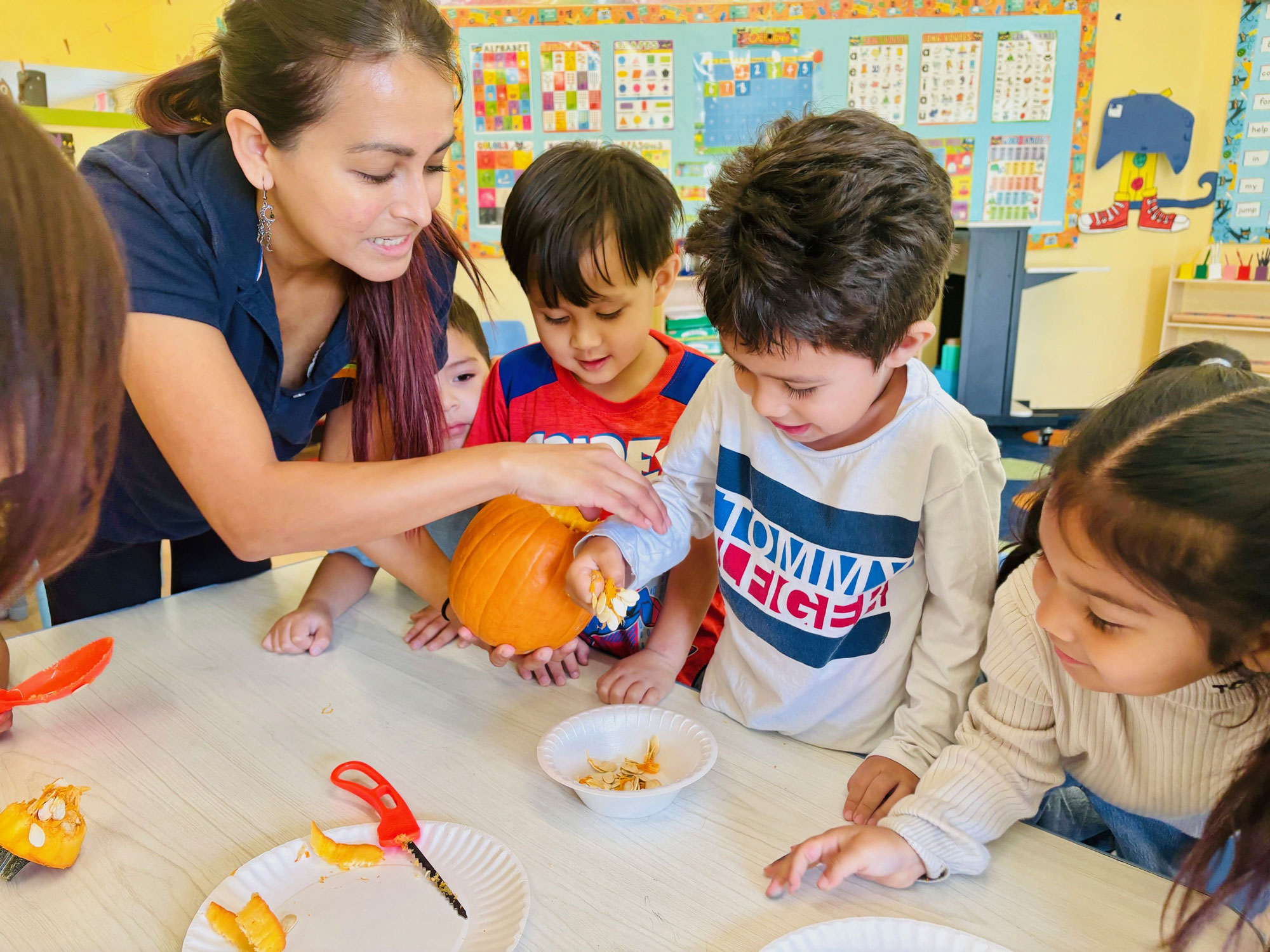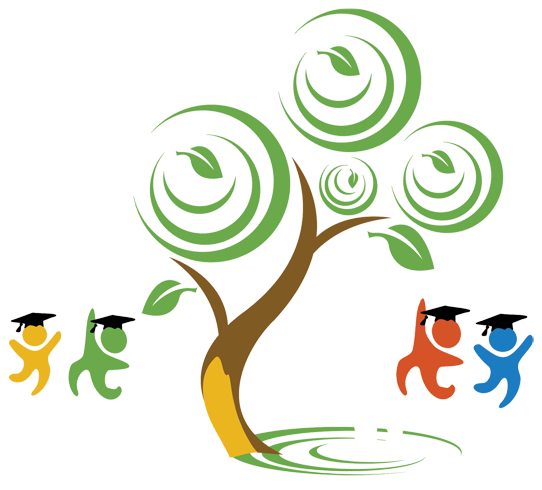
As a parent in Garden Grove or Orange County, you’re probably wondering what your child is really learning at childcare, beyond the ABCs and 123s. While you’re doing an amazing job teaching your little one about love, family values, and right from wrong, quality daycare programs like those at OC Kids Preschool are providing complementary skills that are incredibly difficult to replicate at home.
Here are five essential life skills that preschool naturally teaches your child – skills that you shouldn’t feel pressured to master as a parent:
1. How to Navigate Complex Social Hierarchies (Without Your Help)
What happens at daycare: Your child learns to interact with 15-24 other children of varying ages, personalities, and backgrounds every single day. They discover how to join group activities, negotiate playground rules, and handle peer conflicts independently.
Why you can’t replicate this at home: Unless you have a house full of children, your child simply doesn’t get this level of diverse social interaction at home. Even the most social families typically interact with similar-minded people in their circle.
The OC Kids advantage: Our theme-based Montessori curriculum in Garden Grove specifically incorporates large and small group classroom settings where slightly older children naturally mentor younger ones, creating authentic leadership opportunities that can’t be forced.
2. Institutional Rule-Following (Beyond Family Rules)
What happens at daycare: Children learn to follow rules set by adults who aren’t their parents – a crucial skill for future school success. They understand that different environments have different expectations.
Why this matters for Orange County families: Your child will eventually need to follow teachers’ rules, coaches’ instructions, and eventually workplace protocols. Daycare provides the first safe space to practice this essential life skill.
The learning process: At our Garden Grove location, children experience structured transitions between activities, group cleanup time, and shared responsibility for classroom materials – all while maintaining their individual personalities.
3. Emotional Regulation in Public Spaces
What daycare staff observe: Children learn to manage big emotions when they can’t rely on mom or dad for immediate comfort. They develop internal coping strategies and learn appropriate ways to express frustration, excitement, and disappointment.
Why this is different from home: At home, you naturally (and lovingly) rush to comfort your child. At daycare, children learn to self-soothe first, then seek appropriate help – a skill that serves them throughout life.
Real-world application: Our experienced staff in Garden Grove help children practice emotional regulation through our various program activities such as our STEAM Team Building activities, where they learn to handle frustration when building projects don’t work as expected.
4. Sharing Resources in Scarcity Situations
The daycare reality: There’s only one favorite truck, two swings, and twelve children who want to use them. Children learn genuine sharing and turn-taking when resources are actually limited.
Why home sharing is different: At home, most children have access to their own toys when they want them. True sharing happens when desirable items are genuinely scarce – a reality they’ll face throughout life.
How we approach this: Our Montessori-inspired approach, as well as teacher led guidance, at OC Kids includes carefully curated classroom materials designed to encourage genuine cooperation and patience rather than forced sharing.
5. Independence Without Constant Validation
What develops naturally: Children learn to complete tasks, make decisions, and solve problems without constantly checking with an adult for approval or praise.
The confidence factor: When children succeed at tasks independently (even small ones like putting on their shoes or cleaning up after snacks), they develop authentic self-confidence that doesn’t rely on external validation.
Our observation: In our Garden Grove preschool program, children ages 2-5 gradually take on more responsibility for their daily routines, building the kind of intrinsic motivation that serves them well in elementary school and beyond.
Why This Matters for Orange County Parents
You’re not failing your child by not recreating these experiences at home. In fact, trying to artificially create these situations can feel forced and unnatural. Quality daycare programs provide the community setting where these skills develop organically.
Your job as a parent is to provide the foundation of love, security, and family values that gives your child the confidence to navigate these social learning opportunities successfully.
What to Look for in Garden Grove Daycare Programs
When evaluating daycare options in Garden Grove or Orange County, look for programs that:
- Offer mixed-age interactions or larger group activities
- Have experienced staff trained in child development
- Provide structured activities with natural consequence-learning opportunities
- Emphasize independence alongside nurturing care
- Include enrichment programs like our dual-language Spanish immersion, STEAM program, Dance. Tae Kwon Do, Music, and Soccer activities
The Bottom Line
The skills your child learns at daycare complement (never replace) what you’re teaching at home. You’re providing the love and security that makes it safe for them to practice independence. Daycare is providing the community context where independence can develop naturally.
At OC Kids Preschool, we see our role as partnering with Garden Grove and Orange County families to give children the best of both worlds: the unconditional love of family and the valuable life skills that come from being part of a learning community.
Ready to see how daycare can complement your parenting? Schedule a tour of our Garden Grove location to see these skills in action. Call us or visit our website to learn more about our Montessori-inspired programs for children 6 weeks through 6 years plus before and after school care for our local elementary school students ages 5 to 12 years..
